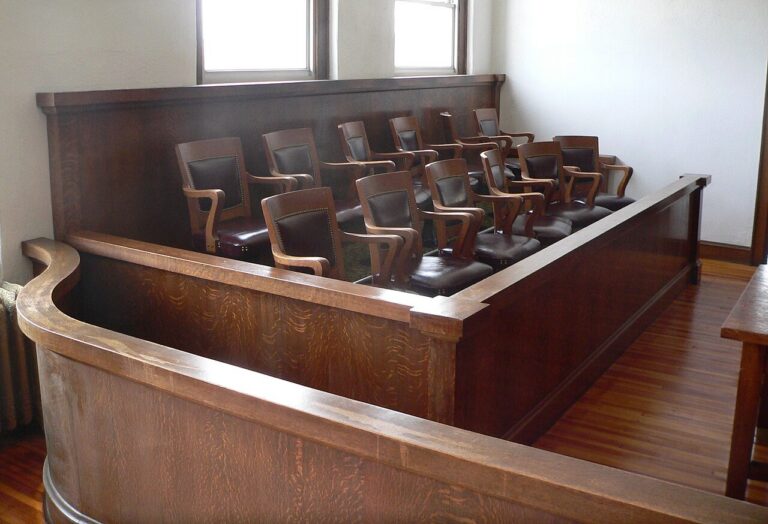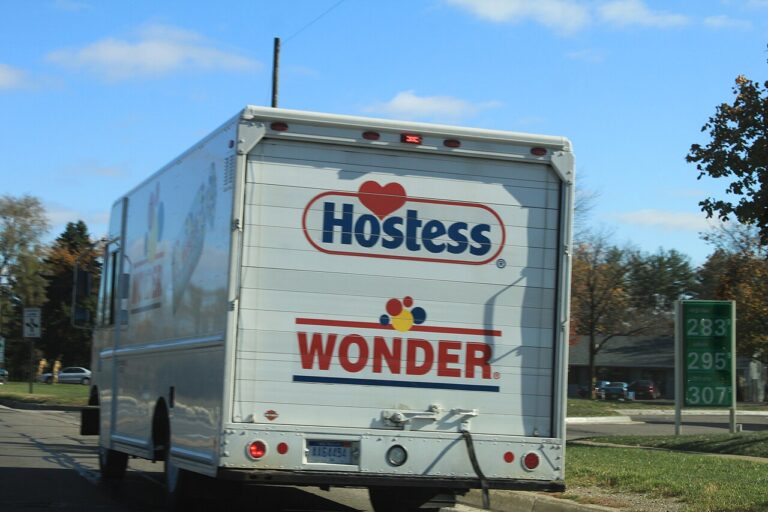
Benjamin Sachs is the Kestnbaum Professor of Labor and Industry at Harvard Law School and a leading expert in the field of labor law and labor relations. He is also faculty director of the Center for Labor and a Just Economy. Professor Sachs teaches courses in labor law, employment law, and law and social change, and his writing focuses on union organizing and unions in American politics. Prior to joining the Harvard faculty in 2008, Professor Sachs was the Joseph Goldstein Fellow at Yale Law School. From 2002-2006, he served as Assistant General Counsel of the Service Employees International Union (SEIU) in Washington, D.C. Professor Sachs graduated from Yale Law School in 1998, and served as a judicial law clerk to the Honorable Stephen Reinhardt of the United States Court of Appeals for the Ninth Circuit. His writing has appeared in the Harvard Law Review, the Yale Law Journal, the Columbia Law Review, the New York Times and elsewhere. Professor Sachs received the Yale Law School teaching award in 2007 and in 2013 received the Sacks-Freund Award for Teaching Excellence at Harvard Law School. He can be reached at [email protected].
Ross will soon have our summary of the Court’s decision in Cedar Point, holding that a California regulation granting unions limited access to agricultural employers’ property is a per se physical taking. I write to make a basic point, one which is flagged briefly in Justice Breyer’s dissent. In short, today’s holding – as bad as it is – does not mean that the union access right is impermissible. Instead, the holding means that employers are entitled to compensation if they are required to grant access to union organizers under the regulation. So, the Court in Cedar Point has rendered access rights more expensive for the state, but it has not banned the granting of such rights. How expensive access rights might be (including costs related to the processing of compensation claims), and whether those expenses would be so high as to make the rights functionally impermissible, remains to be seen. But here’s one possible point of reference: in Loretto v. Teleprompter Manhattan CATV Corp., the Court held that a regulation requiring landlords to allow cable companies to permanently install equipment on their properties was a per se taking. On remand, the state cable commission determined that the appropriate compensation was $1.










Daily News & Commentary
Start your day with our roundup of the latest labor developments. See all
February 20
An analysis of the Board's decisions since regaining a quorum; 5th Circuit dissent criticizes Wright Line, Thryv.
February 19
Union membership increases slightly; Washington farmworker bill fails to make it out of committee; and unions in Argentina are on strike protesting President Milei’s labor reform bill.
February 18
A ruling against forced labor in CO prisons; business coalition lacks standing to challenge captive audience ban; labor unions to participate in rent strike in MN
February 17
San Francisco teachers’ strike ends; EEOC releases new guidance on telework; NFL must litigate discrimination and retaliation claims.
February 16
BLS releases jobs data; ILO hosts conference on child labor.
February 15
The Office of Personnel Management directs federal agencies to terminate their collective bargaining agreements, and Indian farmworkers engage in a one-day strike to protest a trade deal with the United States.